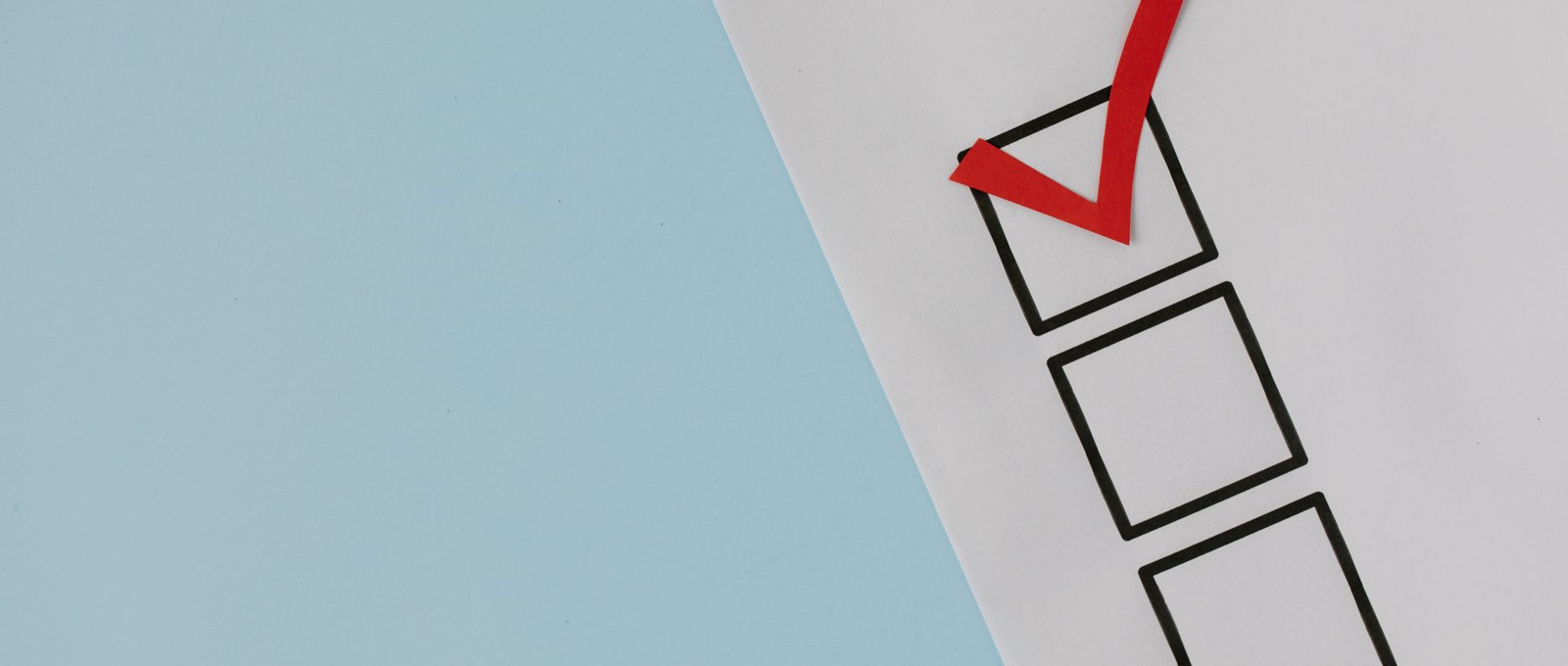If we are committed to growth, then we must be committed to choice
Giving people choice is something I have always stood for - personally and professionally.
But I believe that it’s the answer to many of the challenges we’re facing as business and community leaders right now.
As an example, one of the biggest challenges for businesses right now is how we attract and retain great staff. Creating choice is the answer to this – as hybrid models can offer the flexibility that people crave.
With this as a backdrop, here are my views on the choices that I believe are important to people, and the opportunities we can influence in response:
1. The choice of flexibility
How we work has shifted massively. Agile working is the new norm. The beauty of this is that work can suit people’s lives more naturally.
Think about it as Netflix vs Blockbuster – a business model based on flexibility and choice or one that is built on fines and limits?
Different generations have different wants and priorities. Building choice and flexibility into your employer brand is an important way to acknowledge this and ensures your employment offer has appeal.
But in giving people more choice we need to hold them to account too.
For me this is about supporting people to get the balance right between the needs of customers, the business and themselves. It’s about asking, and embedding a culture where employees ask:
- What does the customer need?
- What does the business need?
- What do I need?
Giving people choice as an employer is important - but helping them to recognise the responsibility of making it work for customers and the business too is also vital.
2. The choice to feel safe
A priority I’m hearing from customers, staff and stakeholders alike is the desire to feel safe. In their homes, workplaces and communities. For Futures’ customers this is about the homes themselves and how they engage with service providers like us. For staff, this has meant checking in with how they feel during the pandemic and finding new ways of working that give people a choice on where and how they interact with others to manage their own risk.
But it is about psychological safety too. It’s about creating environments where people feel safe to use their voice and share their views. Without this, we lose so much rich insight and ideas. It’s not only important we create safety for the individual’s benefit, it’s critical that we create it to sustain growth and innovation in our businesses too.
3. The choice of a different future
Providing comfortable, affordable, warm homes is the foundation for giving people choices about how they want to live their lives. It’s at the heart of what we do at Futures.
But you don’t have to be a not-for-profit business to make a social impact.
Apprenticeships, graduate employment schemes, training programmes, community ‘give back’ days, charitable donations – these are all examples of how any business can support individuals to make positive choices to support a better future.
People supporting people creates choice.
For example, as part of my East Midlands Chamber vice-presidential role, we sponsor Enterprising Women – a business network for female entrepreneurs. This community helps its members to change their futures through inspiration, connection and support. It’s been amazing to see so many women taking control of their financial future through access to the support of others.
Whether its practical, development or emotional support, you can make a difference to inspiring better futures by creating choice.
My challenge to you today is to consider how you are building choice into your organisation – yes, as an employer that wants to retain its best talent, but as a conscious leader too.
Are you building flexibility into your employer offer and communicating this through your employer brand?
Are you creating environments where people feel they can choose to live, work and contribute safely?
Are you promoting personal development that gives people choice about how they – and therefore you - grow?
We have a choice to make about choice.
What will yours be?





